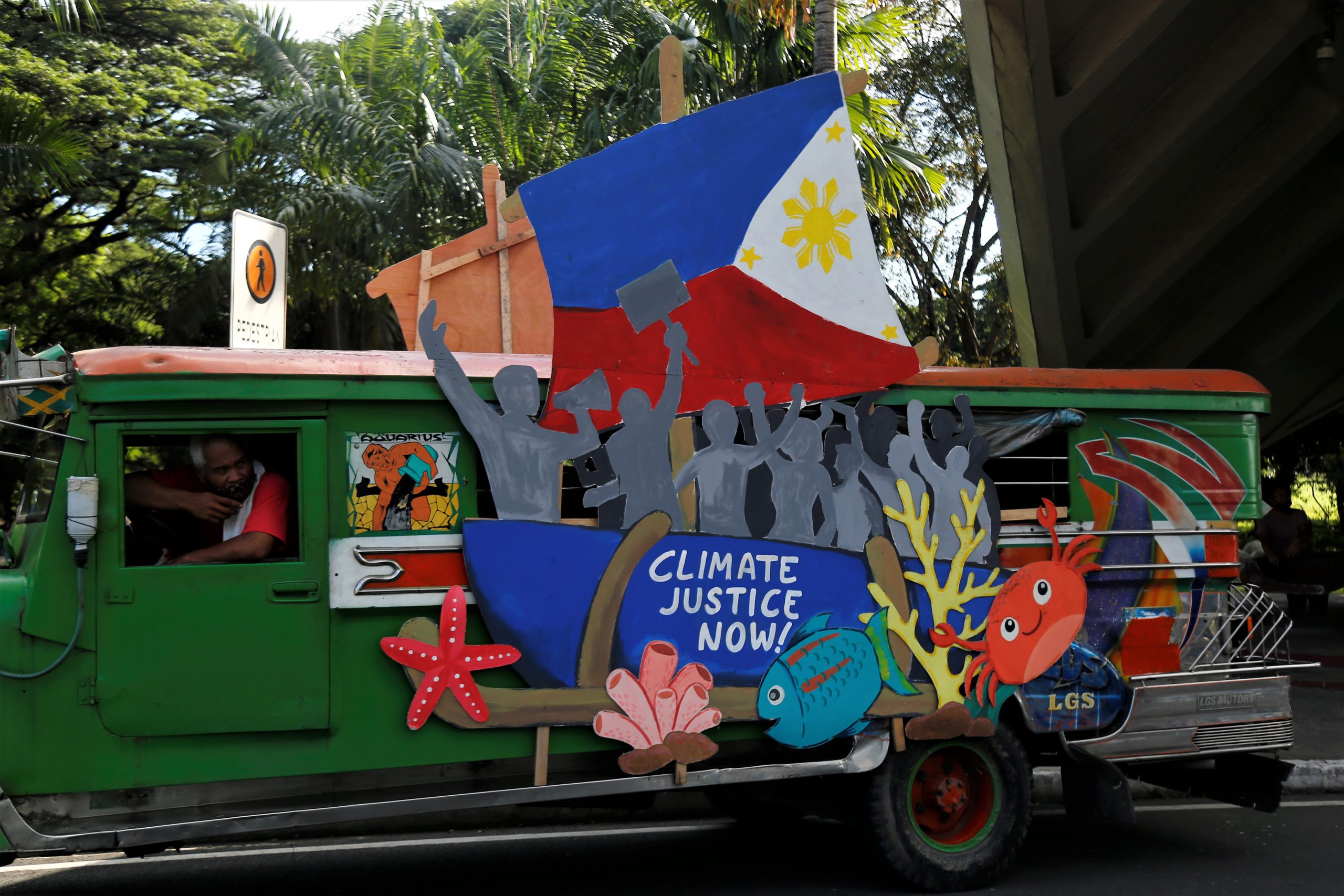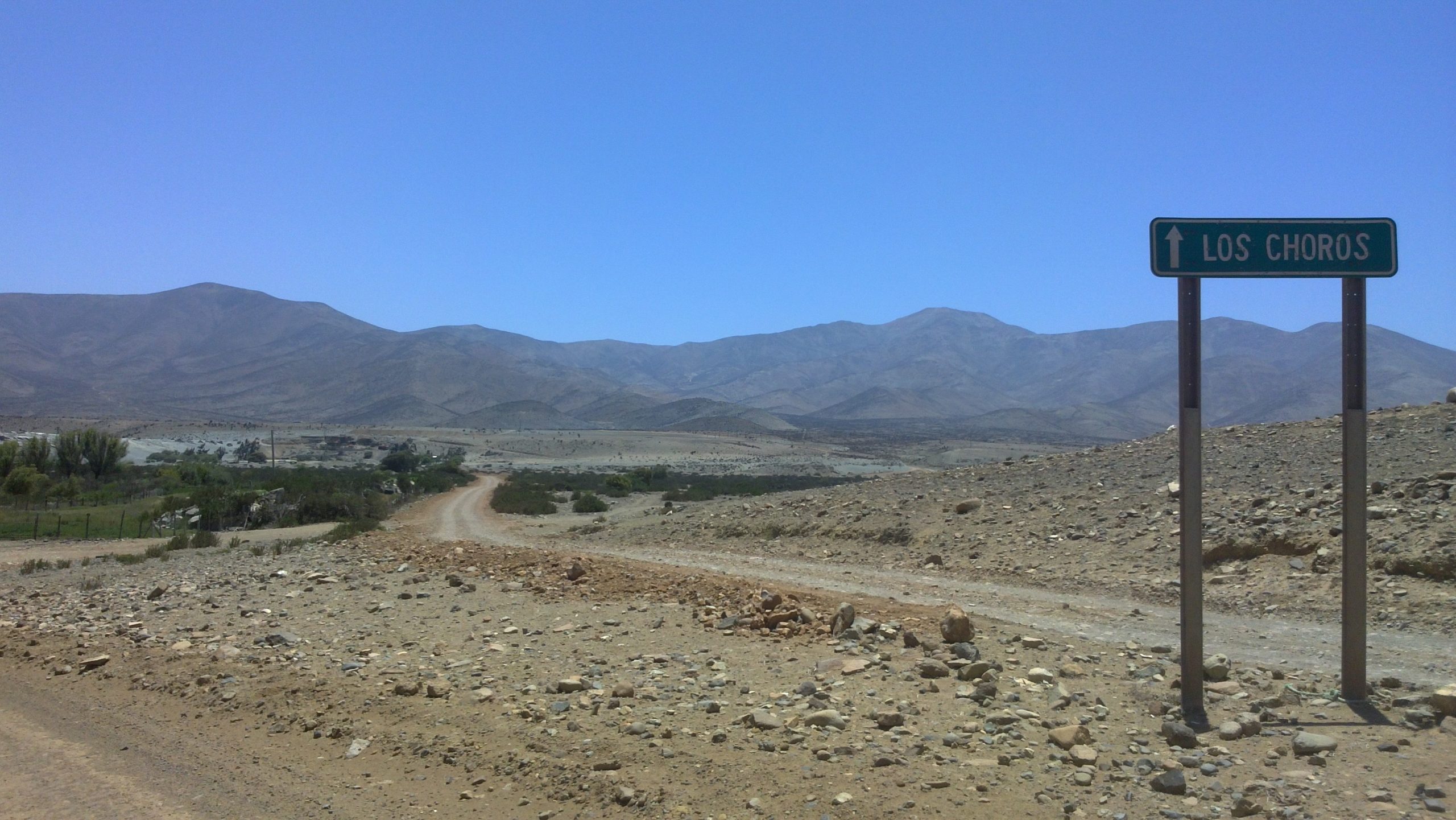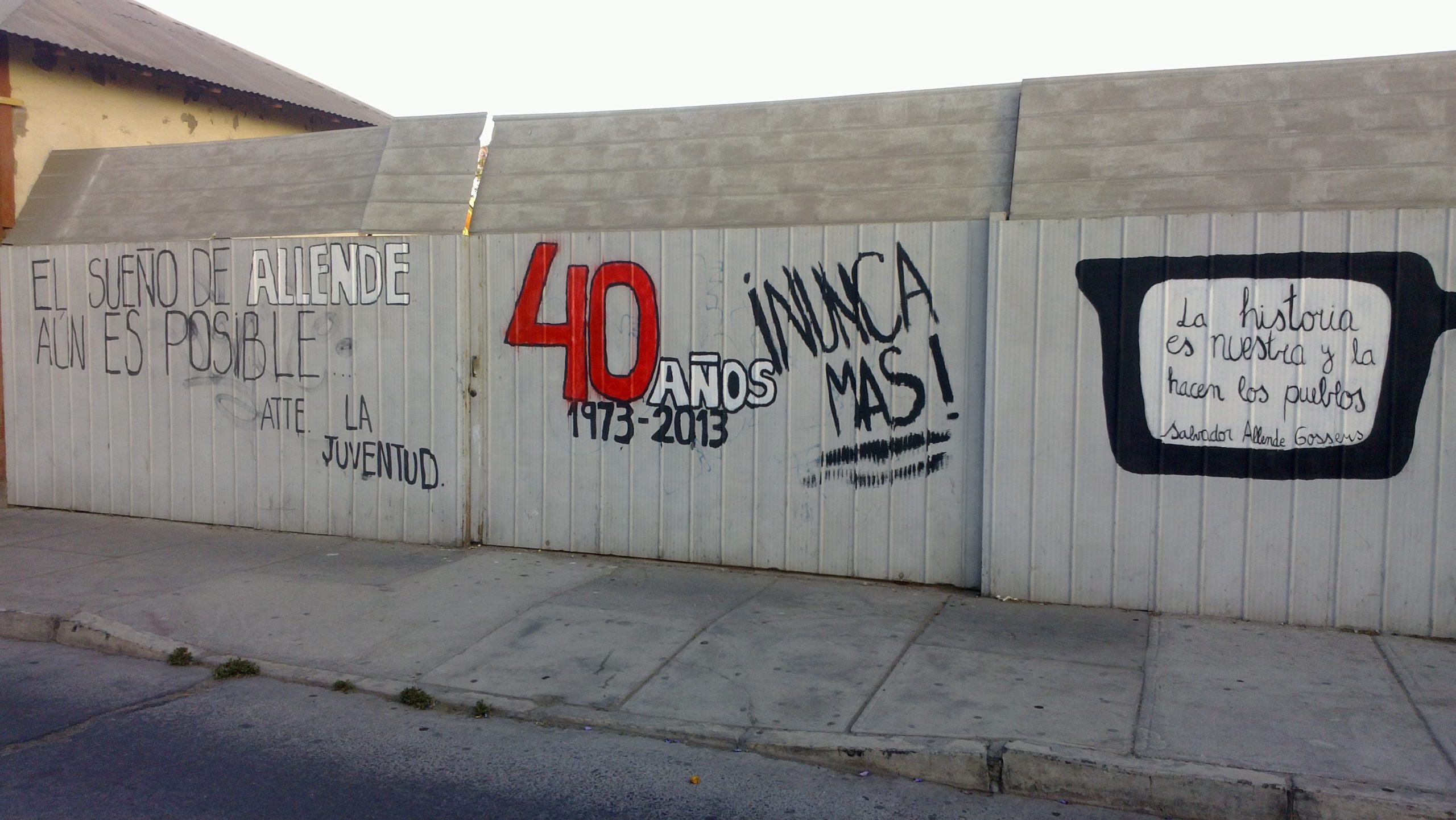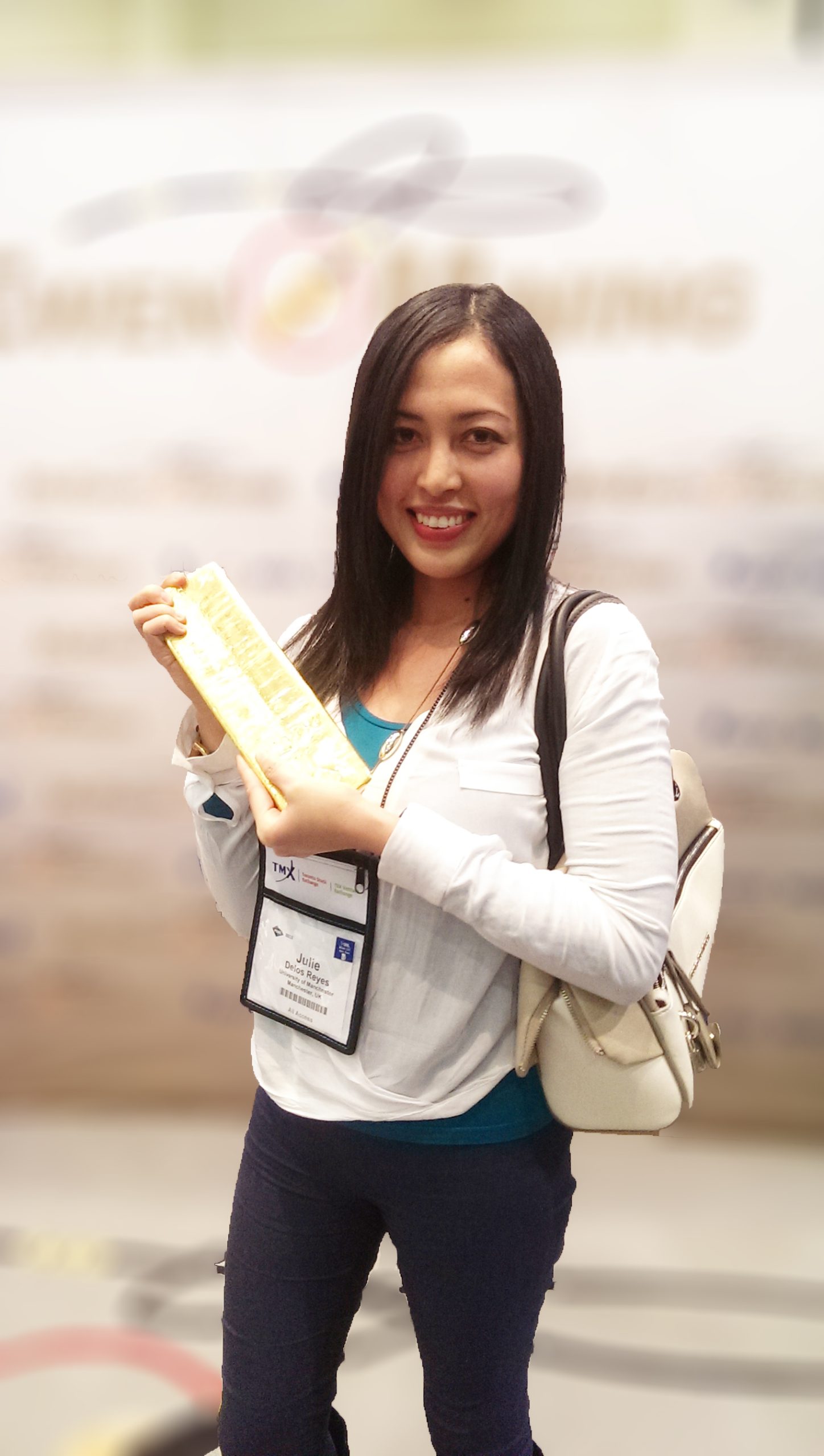
Interview
Understanding Energy Transition in East and Southeast Asia
DELOS REYES, Julie Ann
Area: Geography, Political Ecology
Download PDFDOWNLOAD PDF IN JAPANESE
Julie Ann de los Reyes is an Assistant Professor at the Center for Southeast Asian Studies, Kyoto University. She obtained her PhD in Geography from the University of Manchester in the UK. She is currently conducting research on energy transition in East and Southeast Asia, focusing in particular on coal investments (and disinvestments), and emerging hydrogen supply chains. Her previous work examined shareholder value maximisation and the geography of mining investments in the global gold mining industry. She has been a recipient of the EU’s Marie S Curie Fellowship, Erasmus Mundus Scholarship and the Japan Society for the Promotion of Science’s grant-in-aid for early career scientists.
{ Q1 }
Please tell us about your research. 
My research looks at processes of environmental change in the mining and energy sectors. For my PhD, I examined the financialization of the global gold mining industry, and how this process has created new uneven geographies of mineral extraction, and altered core-periphery relations. I sought to unpack the influence of financial actors and interests on the extractive practices of the largest gold mining firms operating globally and its socio-environmental implications.1 I am also currently working on the topic of energy transition, a research I started during my postdoctoral fellowship at CSEAS. Specifically, I am examining the political economy and political ecology of coal-phase out in the Philippines and East/Southeast Asia in the bid to reduce CO2 emissions to combat climate change.
{ Q2 }
Why did you choose to be a scholar and
how did you decide on your current research topic and approach? 
I suppose it seemed like the logical next step. I first started working for a research institute with an Asia focus prior to pursuing graduate school. Much of my work during that time was focused on the region but it was thematically diverse: I dabbled on security, environment, industrial policy, regionalism, but especially finance, initially looking at the role of the International Monetary Fund (IMF) in Asia and then private finance. I decided to do my masters and PhD subsequently in order to do more in-depth research on this topic, especially in light of the growing frequency of financial and economic crises over the past decades and the incursion of finance capital into new areas of social life. I look at the intersection of finance with the mining and energy sectors, elucidating how the operations of firms are influenced by shifting regimes of accumulation and its implications for places where they operate. Being a scholar has allowed me to pursue these research interests and to expand my knowledge, as well as contribute to existing understandings on the role of the financial sector in the global economy and as a key driver of environmental transformation. I think this is especially timely given the worsening climate crisis, the vulnerable position of the region to climate-related risks, and the shortage of critical social science analysis on energy transition.

DELOS REYES, Julie Ann
(CSEAS Program-Specific Faculty)
Area:
Geography, Political Ecology
Research Interests / Keywords:
- • resource geographies
- • energy transition
- • nature-society relations
- • financialisation
- • environmental governance
{ Q3 }
Please tell us episodes about the impressive people,
things, and places you have encountered in your research. 
I went to the Atacama region of northern Chile to research a gold mining project, which was billed to be the world’s largest.2 Approximately 18 million ounces of gold reserves, worth approximately 30 billion dollars at the time, were estimated to lie under the surface. It was deeply disturbing to see how a project of that scale could transform rural territories—all to extract gold that equates roughly to the size of a cube of about 3 meters on each side and that will end up buried again (in vaults) elsewhere. The project was eventually shut down due to local resistance, and it was impressive and truly inspiring how local people were able to push back.
Photos

The Atacama region in Northern Chile, host to a number of highly lucrative gold mining operations and projects held by Canadian mining companies.

Graffiti at the city of Vallenar in Atacama, Chile.

A 400-ounce gold bar (worth $500,000 at the time) on display at the annual Prospectors and Developers Association of Canada (PDAC) convention, the largest gathering for the mining industry.

A Philippine jeepney carries a mini-mural for a protest rally demanding climate justice in Quezon City, Philippines on the occasion of COP26. (PHOTOGRAPH BY JIMMY A. DOMINGO)
{ Q4 }
Please tell us about the books and
experiences that have particularly influenced you. 
The books that I find especially useful for my research and that are some of my recent favorites are William Cronon’s Nature’s Metropolis, Giovanni Arrighi’s Adam Smith in Beijing, Timothy Mitchell’s Carbon Democracy, and Julie Klinger’s Rare Earth Frontiers. If there is one book that truly influenced me, I would say it’s David Harvey’s Limits to Capital. It is simply magesterial and it provides one of the most in-depth exposition of finance capital to date. It is a challenging book to read, and it has been especially frustrating when I read it during the first year of my PhD. I was skeptical for the most part that it could still hold explanatory power, indeed even after consulting with Harvey himself. It was not until I did my secondment at the City of London in my third year, and I saw first hand just how hard wired the law of value is in the conduct of the modern corporation that I began to fully appreciate the book’s genius. I still find it highly useful in my current work, such as when explaining the dynamics of geographical uneven development (e.g. of energy investments, energy provision) and its particular implications for developing countries in Southeast Asia and peripheral regions in the Philippines.
{ Q5 }
Could you tell us about your ideal image of a researcher? 
An ideal researcher for me is someone who has a strong commitment to the pursuit of knowledge and an ethical commitment to contribute to the betterment of society. One must be enthusiastic, inquisitive, and motivated to advance new understandings of how the world works. One must also be relentless in improving his or her capacity for research and possess an inter- and transdisciplinary orientation to be able to engage with other disciplines and broader debates outside of academia.
{ Q6 }
Please tell us about the difficulties you faced in compiling the results of your research into a paper or book. 
I do scalar, transregional, and mixed-method types of research, which usually require a significant amount of time to collect and organize the data. It is important that the empirics hang together, and that they help advance theoretical development. Writing for me is a messy, iterative process. I don’t think that is entirely a bad thing. But one tip that I picked up along the way is to separate the writer from the editor in you. This is of course easier said than done, but it has been useful in helping me get my thoughts written down rather than worrying about every word in every sentence. Too often, we are our own worst critics. I still have to remind myself every now and then that it will never be perfect and to just submit the damn thing. ☺
{ Q7 }
Please tell us about your must-have gears,
or must-haves of research and writing. 
I have quite a bit of must-haves. I use a number of software to make the fiddly, time-consuming parts of the research and writing process (e.g. transcribing and referencing) less painful. I find Otter very useful for transcription of English interviews: it is near perfect, regardless of the speaker’s accent, and it generates a transcription almost for the same length of time it takes to conduct the interview. For translation of Japanese documents, Deepl is unparalleled. In terms of referencing, I cannot do without Endnote; it saves me a tremendous amount of time. For reading journal articles, I have been using Quaderno. It helps me disconnect from emails and just focus on reading.
{ Q8 }
Which books do you recommend
for young scholars and why? 
Instead of recommending book titles, I would rather urge young scholars to read books that are outside of their disciplinary and geographical field. Academia has emphasized specialization, and I think this has limited our ability to respond to problems that require interdisciplinary and transregional solutions. Also, in light of attempts at historical revisionism in countries like the Philippines, it is important that scholars read extensively and educate themselves so as to be able to better counter false narratives and misinformation.
{ Q9 }
Please give us your short remark for
some young people who wish to be a scholar. 
Academic work can be rewarding in many ways, but also all-consuming. The flexible work hours often translate to working around the clock. When you are in the early stages of your career and trying to get established, which also tends to coincide with starting a family, it can be especially challenging. That is why I think it is important to be passionate about being a scholar in the first place in order to keep going, and to find a collegial work environment that can support you. It is a hyper competitive career track, so don’t forget to be kind to yourself and others.
{ Q10 }
Please tell us your future ambitions. 
Energy transition is a relatively new research area, and there are still many gaps in our understanding of it. Indeed, much of what we know has been based on the experience of a few developed countries in the West. This geographical unevenness means that energy transition in critical regions such as East and Southeast Asia remain relatively under researched. I hope to contribute to addressing this gap by looking at transition dynamics in Asia. I would like to be able to influence the trajectory of current academic research as well as inform climate and energy policies.
(March 14, 2022)
Note
1. de los Reyes, JA (2017). "Mining shareholder value: Institutional shareholders, transnational corporations and the geography of gold mining." Geoforum 84: 251-264. https://doi.org/10.1016/j.geoforum.2016.12.004
2. de los Reyes, JA (2022). “Re-making Pascua Lama: Corporate financialisation and the production of extractive space,” The Journal of Peasant Studies 49 (4): 817-838. https://doi.org/10.1080/03066150.2022.2069014



